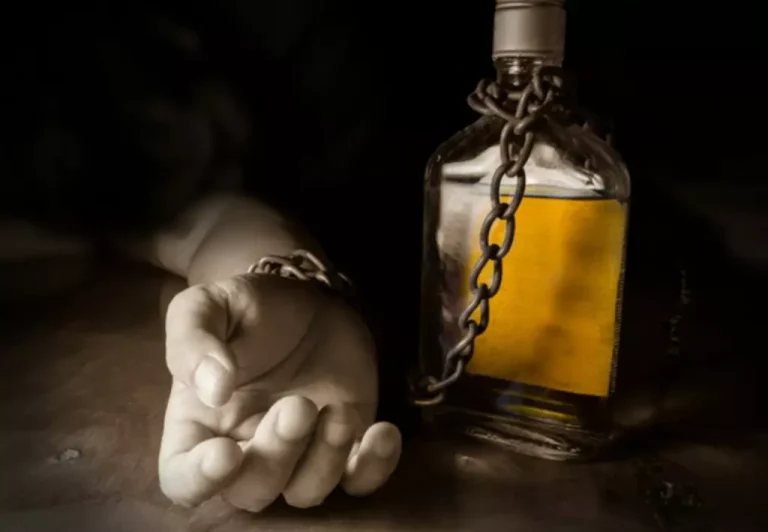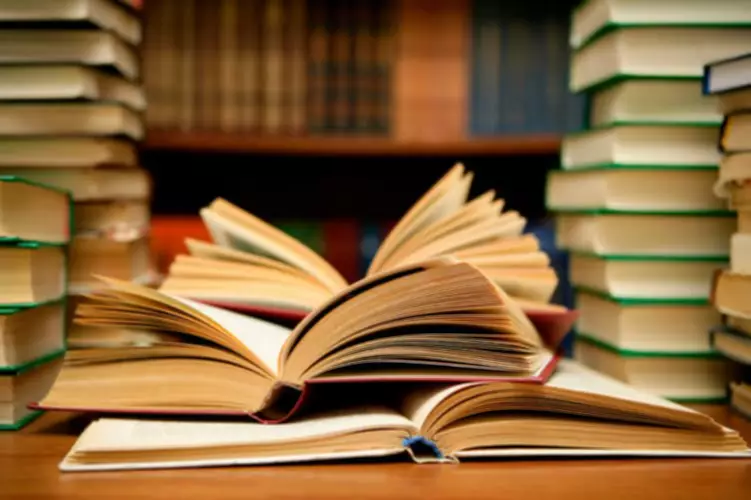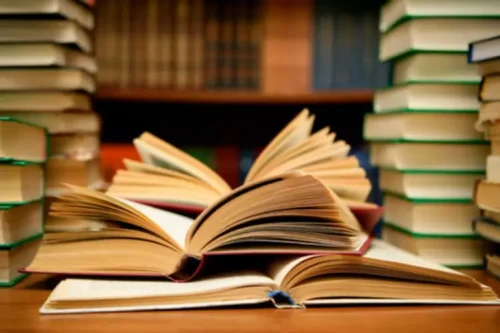
This includes strategies such as sleeping at least 7 hours per night and maintaining a consistent sleep schedule throughout the week. If you do this, you may be at risk of deepening the feelings of depression. Alcohol may make you feel less anxious and improve your mood while you are drinking.
Depression and obsessive-compulsive disorder (OCD)
Alcohol use issues can cause or worsen symptoms of depression. At the same time, people with depression may attempt to self-medicate with alcohol. Bipolar disorder and alcohol use disorder, or other types of substance misuse, can be a dangerous mix.

Alcohol Dependence and Depression
- Standard time aligns with most people’s circadian rhythm much better than daylight savings time, so many people sleep less during daylight savings time.
- Studies of twins have shown that the same things that lead to heavy drinking in families also make depression more likely.
- Daylight savings time impacts quality sleep and can also influence mood, alertness, and appetite.
- People who experience winter depression or seasonal affective disorder are already prone to disturbances in their body clock.
- Tietz celebrated three years of sobriety in November 2022.
Alcohol can produce feelings of euphoria and excitement, making you feel instantly happier and more confident, but those feelings are fleeting. Much does drinking make your depression worse like barbiturates (sedatives), alcohol is a drug that affects the central nervous system (CNS) and the brain’s functionality. Yet, many Americans drink alcohol, even if they’re depressed. Drinking water may not have a direct impact on feelings of depression, but rehydrating can absolutely help you start feeling better physically.

How the End of Daylight Savings Time Could Affect Your Health

Major depressive disorder (MDD) is the more severe form of depression. It’s characterized by persistent feelings of sadness, hopelessness, and worthlessness that don’t go away on their own. Depression is a mental health condition involving long-lasting, persistent feelings of sadness and low mood. If you’re hesitant to talk to a health care provider, talk to a friend or loved one about how to get help. Living with depression isn’t easy and you’re not alone in your struggles.

Health Categories to Explore
- Depression is a serious disorder that can take a terrible toll on you and your family.
- „I used alcohol to cope with feelings of isolation and sadness,“ he says.
- The theory is that by coming to terms with your harmful thoughts or emotions, you can accept that change is possible and make a recovery plan.
- Although he continued to experience depression, he says connecting with other people in recovery helped fuel his motivation to stick with sobriety.
- This intersection, according to psychiatrist Akhil Anand, MD, is called dual diagnosis or co-occurrence.
- Mental health issues can overwhelm those who are affected and their loved ones.
One study of 421 people found that 25% had both alcohol misuse and depression. Depression is a common and serious mood disorder, which can impact your thoughts, feelings, and behaviors. In the United States alone, an estimated 17.3 million adults have had at least one major depressive episode. Alcohol use disorders may be mild, moderate, or severe, depending on the combination of symptoms you’re experiencing, but drinking problems can exist regardless of a clinical diagnosis.

- If you think you have depression and often use alcohol to cope, Sharma recommends reaching out to a psychiatrist, therapist, or primary care doctor for a diagnosis and treatment guidance.
- Yet, many Americans drink alcohol, even if they’re depressed.
- Patients may experience tiredness and dissociation (difficulty with attention, judgment, and thinking) after taking the medication.
If you rely on alcohol to mask feelings of depression, you may find you become reliant on it – putting you at risk of alcohol dependence. For some people alcohol can be a trigger for suicidal thoughts too. Evidence suggests that drinking alcohol can increase your risk of depression — but depression may also lead to increased alcohol use. In fact, some research suggests people who have a history of alcohol dependence are 3.7 times more likely to experience major depression. Simultaneous treatment for alcohol misuse and a depressive disorder can help you or your loved one take back control of your mental health, physical wellbeing, and overall happiness.
- Stressful life circumstances that trigger depression or anxiety can lead to self-medicating with alcohol or drugs.
- The aforementioned depressive disorders each have slightly different diagnostics criteria.
- Managing symptoms of depression involves finding the right combination of medications and therapies.
- Existing research indicates that depression can cause alcohol overuse, and alcohol overuse can cause depression.
